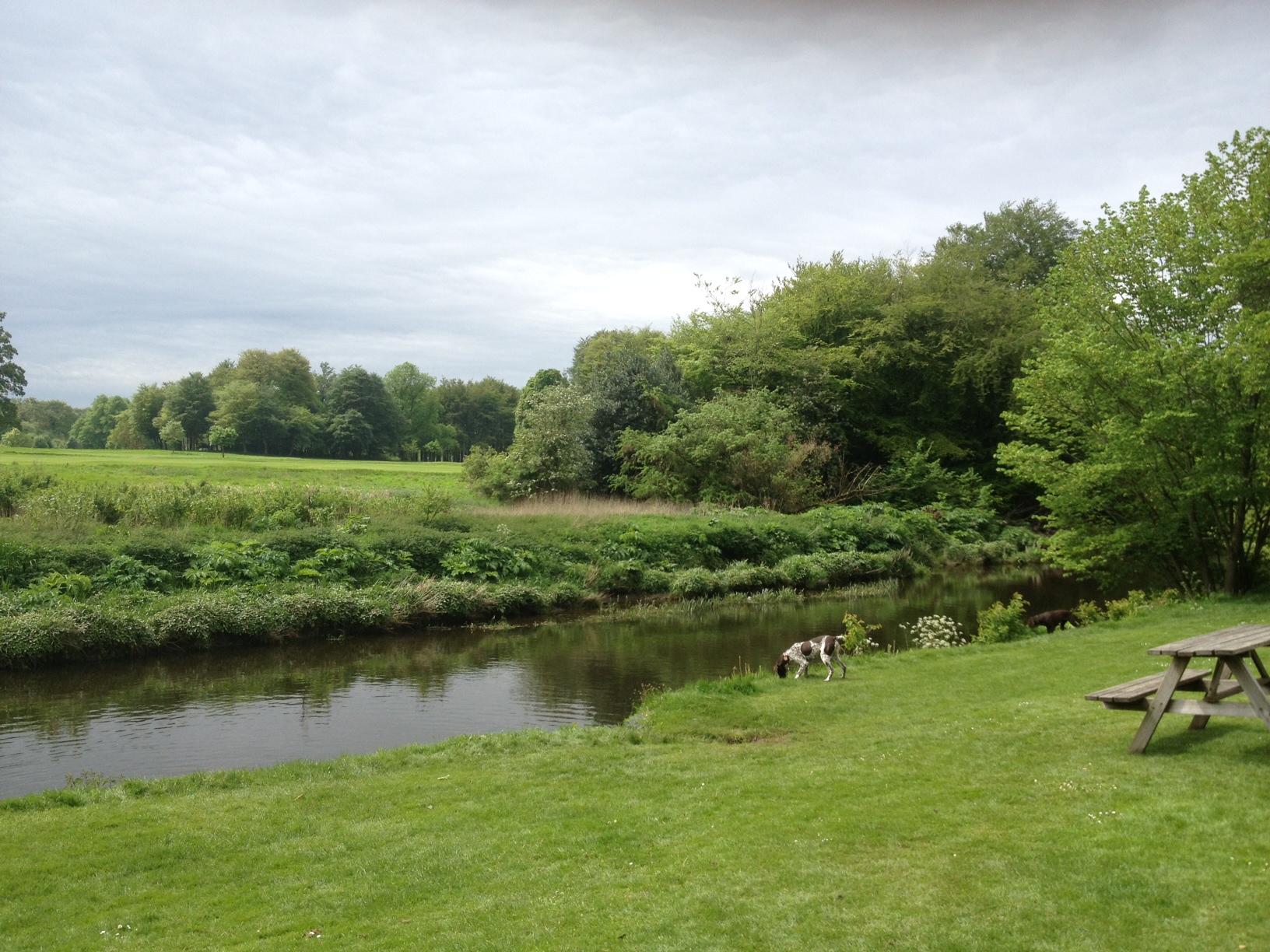One of the courses I will be teaching next academic year is entirely focussed on writing within the arts. As part of my preparation for this course, I’ve decided to collect my ideas and experiences on both writing and reading. As a result the following posts are really written with my students in mind (hence the module code in the post’s title), but I hope that there may still be something of value here for the interested reader. [If you are one of my students, and need to ask specific questions about the course content, please get in touch with me directly.]
I’ve often come across tips for getting your academic writing ‘unstuck’ or on how to get extricate ourselves out of writer’s block. In this post I just wanted to put down a few strategies, in random order, for keeping motivated while writing longer pieces, or writing to deadlines. These tips work for me but a few of them might work for you. Also, for the record, I don’t like to differentiate between academic and creative writing, mostly because I feel that’s a largely artificial divide enforced by academic processes.
How – can you get your writing started? Pick a piece of writing in that you like or that enjoy, perhaps something you are familiar with and write your immediate responses to it. I find that going over an old piece sometimes elicits very different ideas the second or third time round. I find that I like to try different things when it comes to stimulating my creativity or capturing down a messy crop of ideas. My preferred method is to take ideas down as they come, usually through a key word and in no particular order. So for this I prefer to use plain paper, whiteboards if available etc. At other times, if I’m feeling a bit more organised then the lined paper helps me just capture lists or sets of ideas as they come. To my mind however, writing and thinking are linked so I often find that if I’m able to think, then I’m most likely able to write.
Where – are you doing your writing? Is it a place where you can do some thinking too? I like to make sure that when I’m stuck with my writing, I take myself to a place where I can relax and just let my thoughts flow in no particular order. Because I live right opposite a massive park, I like to enable a lot of my thinking to happen there. I also have a pen and a pad of paper or something I can take notes on. That way, when the ideas start coming, I don’t waste brain space trying to accommodate all of them! Here’s one of my favourite writing/thinking places

What – are you writing? Are you responding to a specific question? A focussed question is a good way to get me started. I try to declutter my mind in order to be able to ‘find’ my own voice – this is related to the point above. I try to create the conditions for thinking to happen. For me, if the thinking happens, then the writing will happen too. So, if I feel that I’m overburdened with too much other stuff, most of it routine and relating to my daily life, then I find a brain detox to be indispensable. However you do this, the important thing is to try to get to a point where you are not actively thinking about anything and to just allow your thoughts to roam freely and without control. For me, it’s only at that point that things start to happen. If there’s a reason for writing to happen, then it will happen.
When – are you writing? Naturally I like to write when I’m in a good place mentally. But the truth is that there is much about writing that is a craft and that needs regular practice. So I often write even if I don’t feel that I have anything particular to say. A tip that works for me is to surround myself with people full of positive energy – people who inspire me and who remind me to believe in myself. It’s easy to let the pressure of mounting deadlines to cloud belief in our own ‘voice’ – but oftentimes it’s that personal voice that gives our work extra value. The creative nature of my thinking is underpinned by a belief in my expertise. I write both when I’m in the zone and when I’m out of it. It’s just that the stuff that I write when I’m out of the zone is usually pointless – BUT it’s a crucial framework for the material that I think is of value. And again, an old adage rings true here – practice makes perfect, and the more you write, the easier it’ll become.
Who – is your writing for? This is a question I ask myself almost as often as I ask my students. If you are able to imagine your audience, then your writing immediately gains personality, and lots of things like the kind of language I decide to use, fall into place. Thinking about your intended audience also helps me wear different voices. If you know who your audience is, that really takes away the pressure of writing in a vacuum.

Leave a Reply